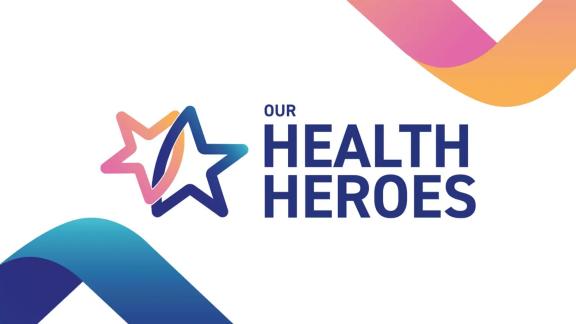Supporting disabled health learners from education to work
Key points
This guidance focuses on how organisations can legally use positive discrimination to take steps to level the playing field, encourage greater diversity amongst their workforce and improve the experience of disabled staff.
The guidance covers a number of legal factors for consideration, including when employers can lawfully use positive discrimination to take steps to level the playing field.
Making appropriate reasonable adjustments.
Taking action to overcome or minimise the disadvantages that those with a disability may face.
The requirement of employers under the public sector equality duty to pay due regard to the needs of disabled employees.
Practical examples and legal case studies where action should have been taken.

We have commissioned Capsticks LLP to develop legal guidance to support public sector NHS employers, the higher education sector, professional regulatory bodies and others working across health to tackle disability discrimination.
Disability is one of the protected characteristics under the Equality Act 2010 and under Section 20, there is a legal duty for both employers and the qualifications body providing education to make reasonable adjustments (also known as workplace adjustments). This includes legal obligations to support opportunities to proactively minimise disparity and inequality faced by disabled health learners, trainees and apprentices as they transition into the NHS workforce. This support can be through the use of positive action, improving awareness, access to reasonable adjustments and other measures.
The evidence from the NHS Staff Survey and the NHS Workforce Disability Equality Standard clearly highlights that many disabled staff continue to experience inequalities in the workplace when compared to their non-disabled colleagues.
A positive and proactive approach towards supporting the transition of disabled health learners, trainees and apprentices into the workforce and working flexibly is key to creating an inclusive and open culture.
This guidance focuses on how organisations can legally use positive discrimination to take steps to level the playing field, encourage greater diversity amongst their workforce and improve the experience of disabled staff.
This guidance should not be relied upon as advice for specific cases.
Please note: Although this guidance was commissioned by NHS Employers, it was written and owned by Capsticks LLP.



